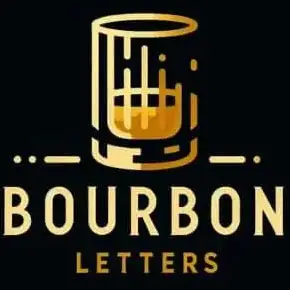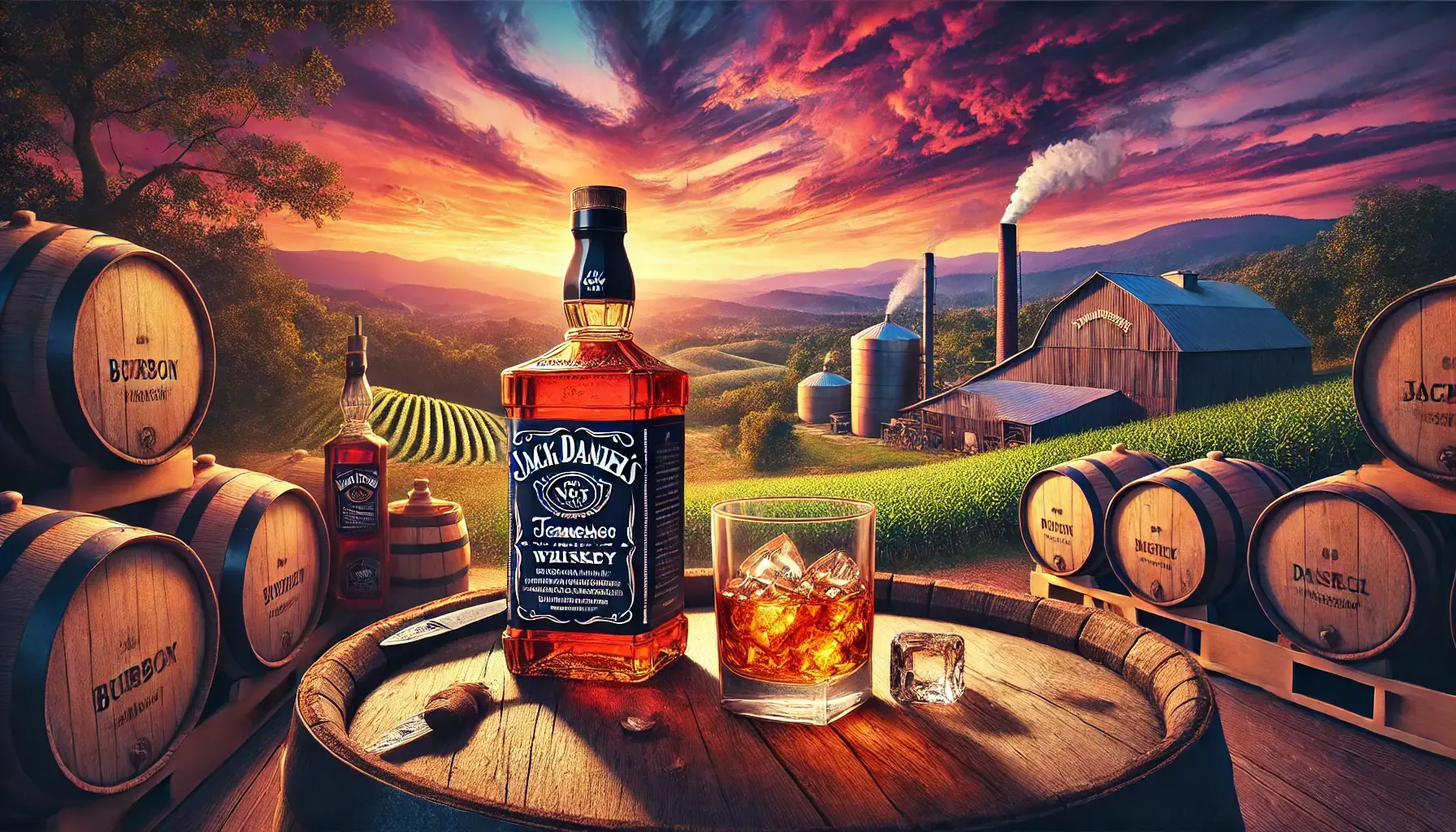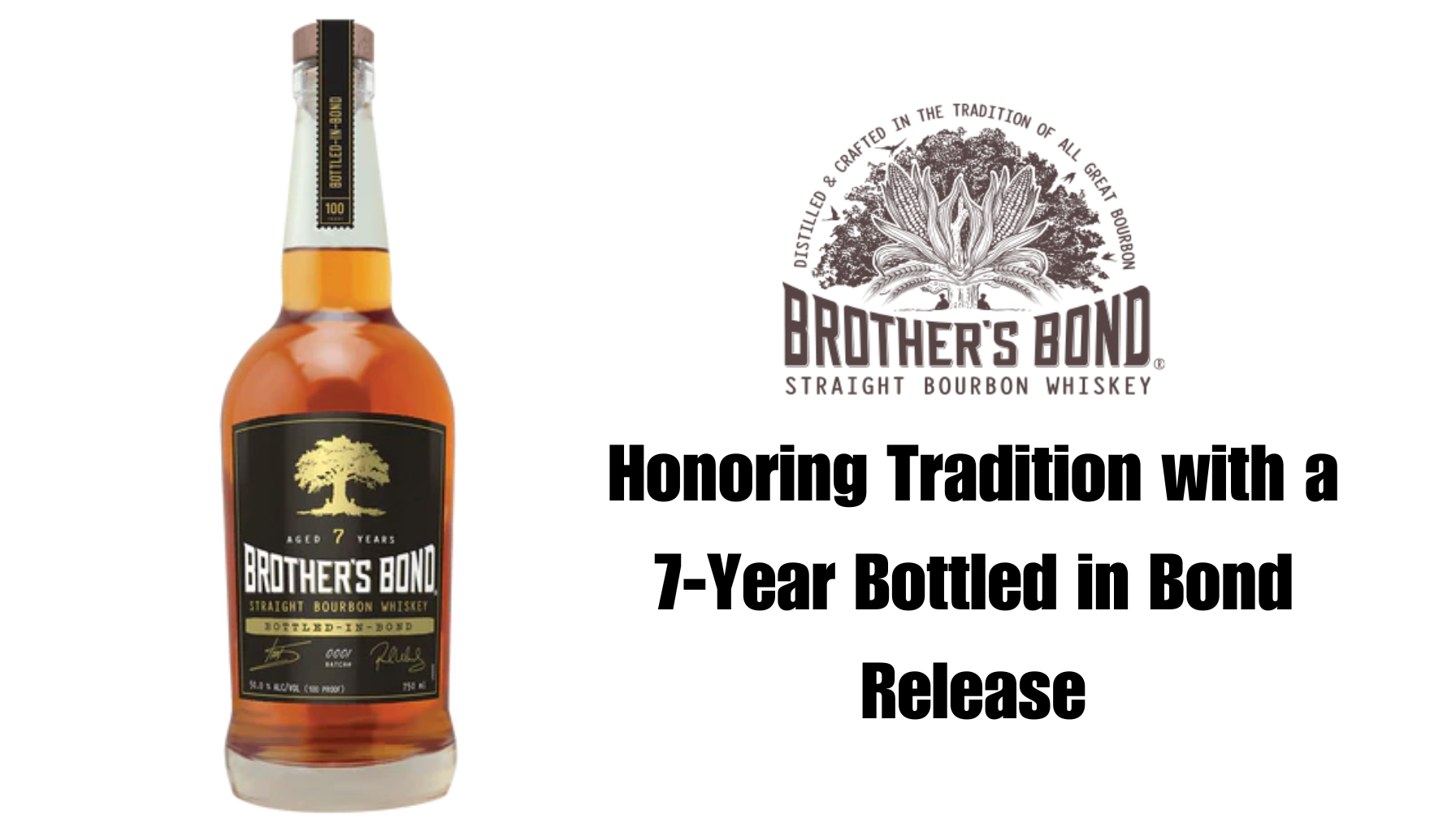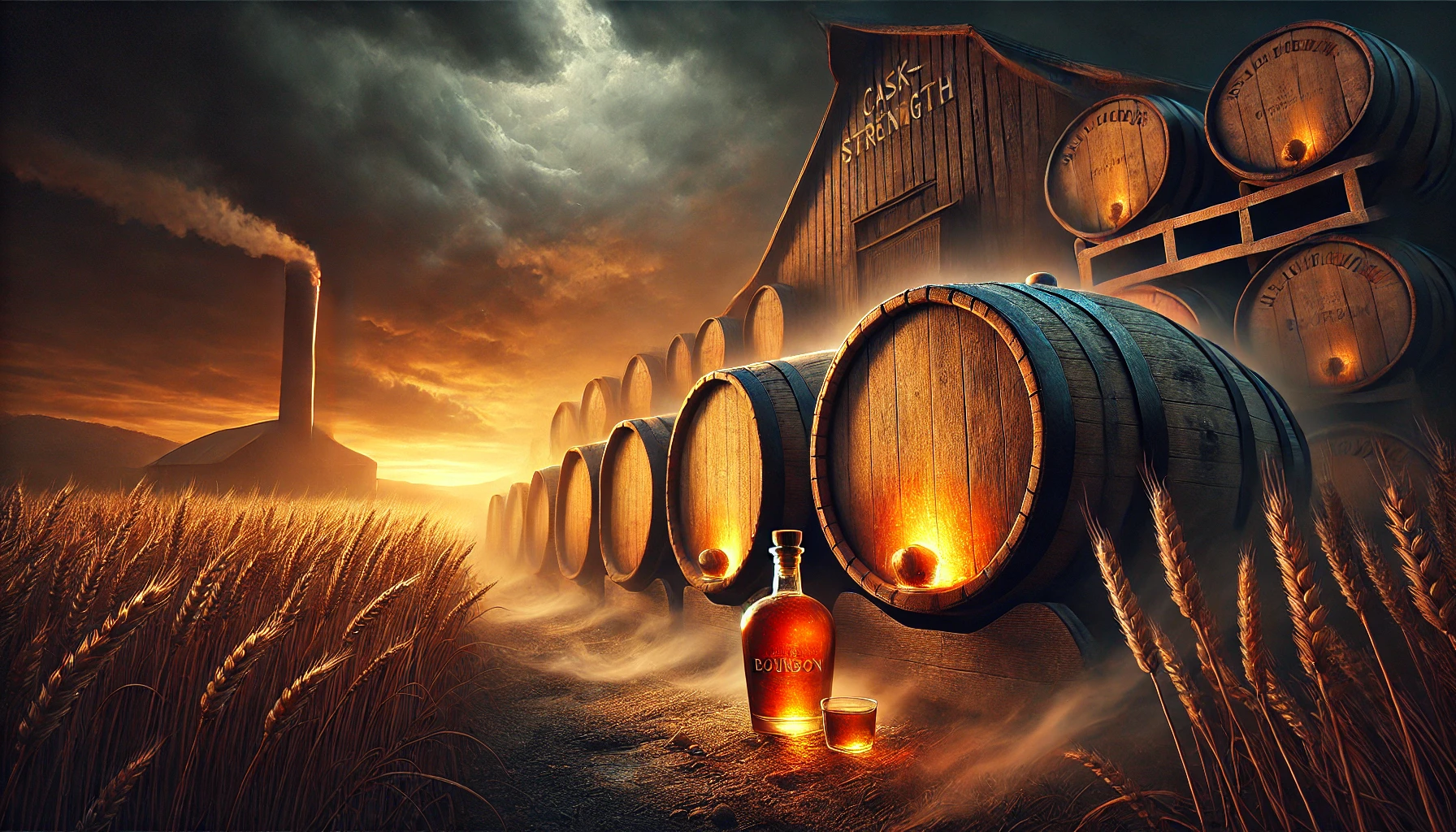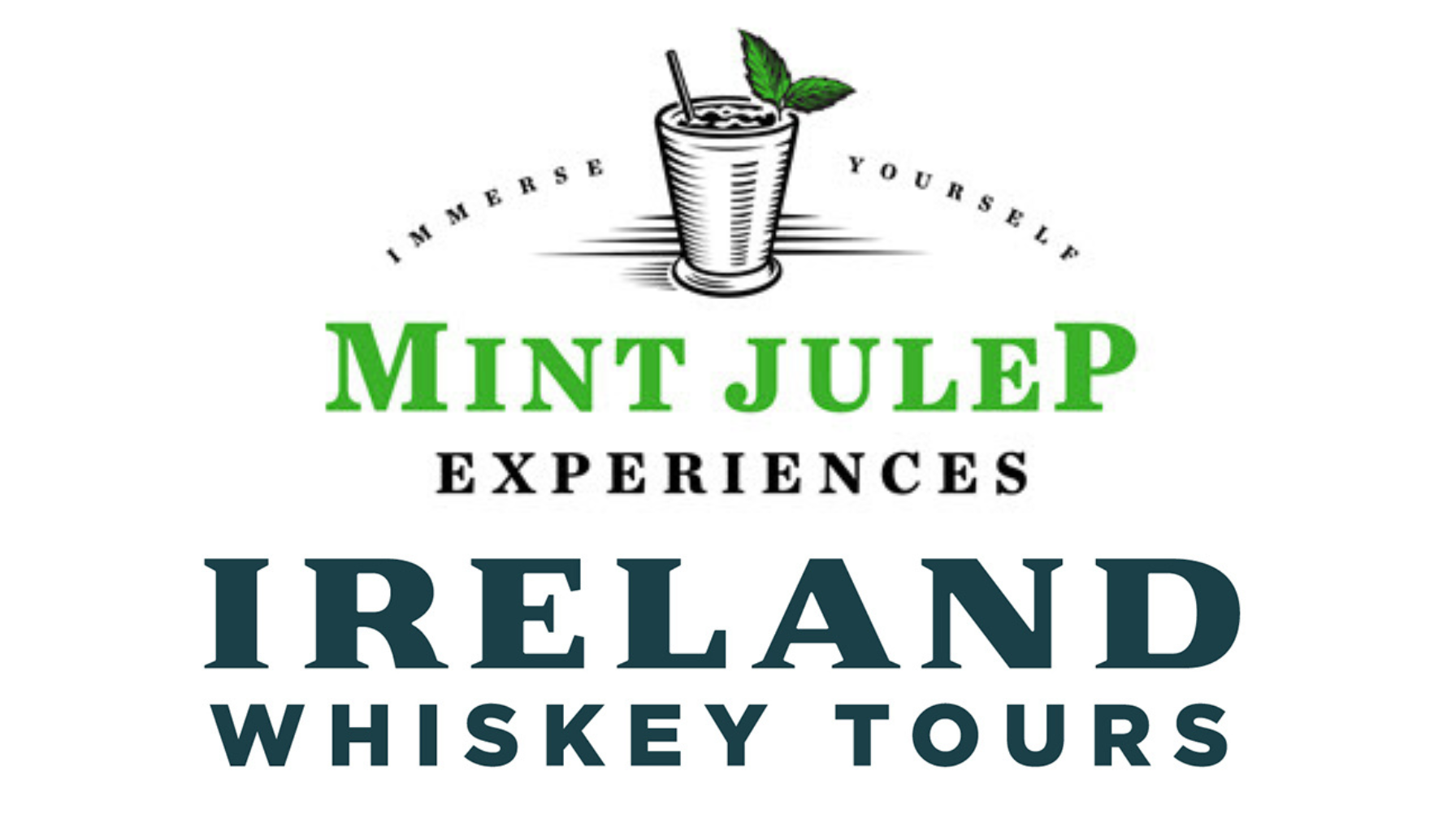The Short Answer: Not Exactly—But It’s Complicated!
At first glance, Jack Daniel’s could easily be mistaken for bourbon. After all, it checks nearly all the boxes for what legally defines bourbon. But here’s where things get interesting: it isn’t labeled as bourbon because it’s Tennessee whiskey. However, the differences between the two are so slight, it’s enough to spark a heated conversation.
So, why doesn’t Jack Daniel’s call itself bourbon? The answer lies in a unique process that sets it apart. Let’s break it down.
What’s in a Bourbon?
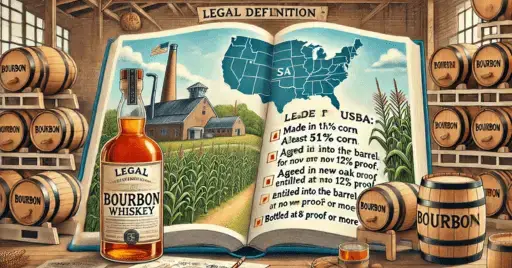
Before diving into what makes Jack Daniel’s different, it’s important to know what qualifies a whiskey as bourbon. According to U.S. law, bourbon must meet these standards:
- Made in the U.S. (yes, Kentucky bourbon is the most famous, but bourbon can be made anywhere in the U.S.)
- 51% Corn in the Mash Bill – The recipe for bourbon must contain at least 51% corn.
- New Charred Oak Barrels – Bourbon must age in brand-new, charred oak barrels.
- Distilled Under 160 Proof – It can’t be distilled to more than 160 proof, or it risks losing its grain character.
- No Additives Allowed – No artificial flavors or colorings are added to bourbon. It’s pure whiskey goodness!
If you’re thinking, “Wait a minute, doesn’t Jack Daniel’s do all of this?”—you’re right. Jack Daniel’s follows these rules to the letter. So why the different name?
The Lincoln County Process: Jack Daniel’s Signature Move
The key difference between Jack Daniel’s and bourbon lies in what happens after distillation. Enter the Lincoln County Process, an extra step unique to Tennessee whiskey. This process involves filtering the freshly distilled whiskey through charcoal before it goes into barrels for aging.
This charcoal mellowing gives Jack Daniel’s its signature smooth, mellow flavor, softening the edges you might find in traditional bourbons. Think of it as a finishing touch, a final polish that sets Tennessee whiskey apart from bourbon. And this, my friend, is where the real distinction comes into play.
Thanks to this process, Tennessee law requires Jack Daniel’s to be labeled as Tennessee whiskey, not bourbon. In fact, Tennessee whiskey must go through charcoal mellowing to wear the Tennessee whiskey badge.
Is Tennessee Whiskey Just Bourbon with a Twist?
You might be wondering, “If it’s just an extra step, doesn’t that make Jack Daniel’s bourbon-plus?” Some would argue yes! The whiskey community is often divided, with some purists saying bourbon is bourbon, and others appreciating the unique flavor profiles that come from the charcoal mellowing.
In truth, the difference between the two is so minimal that many drinkers happily use Jack Daniel’s in place of bourbon in cocktails. But because of the Lincoln County Process, Jack Daniel’s isn’t technically bourbon. It’s a matter of branding, but also one of tradition and pride. Tennessee whiskey has its own legacy, and Jack Daniel’s is proud to carry that torch.
Why Does This Debate Matter?
Beyond legal definitions, the bourbon vs. Tennessee whiskey debate boils down to one thing: identity. Jack Daniel’s could call itself bourbon, but it chooses not to because it embraces its Tennessee roots. This creates a richer story behind each bottle, tying the brand to its home state’s whiskey-making tradition.
On the flip side, bourbon is Kentucky’s pride and joy, and fans of both states often find themselves in friendly (or not-so-friendly) debates about which whiskey is superior. It’s all part of the fun of whiskey culture!
Is Jack Daniel’s Bourbon? The Final Verdict
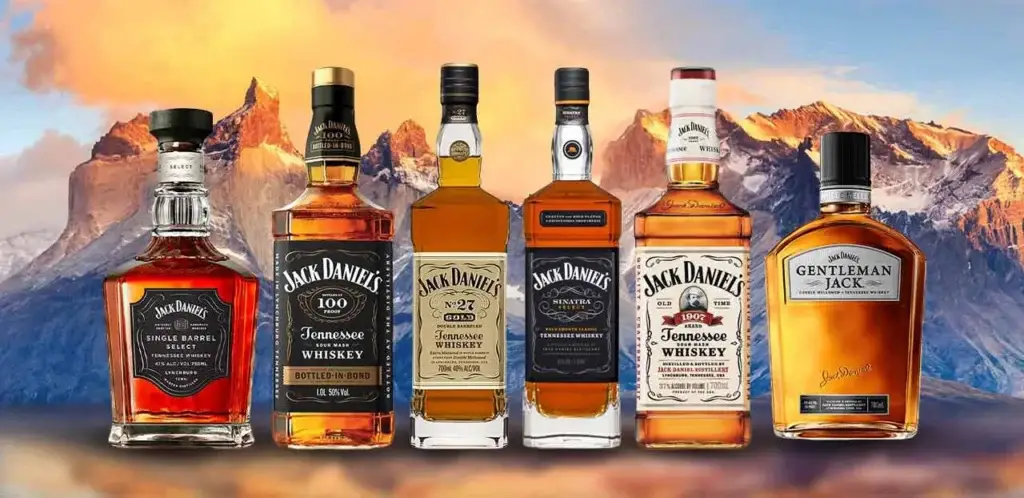
So, is Jack Daniel’s bourbon? Not quite. But it’s close—very close. While it meets the technical requirements, its charcoal mellowing step keeps it in the Tennessee whiskey category. At the end of the day, whether you enjoy it as bourbon or Tennessee whiskey, Jack Daniel’s delivers a smooth, flavorful experience that can hold its own in any tasting.
Now, the next time this debate comes up, you can jump in with the facts—and maybe even settle it once and for all.
What do you think? Bourbon or Tennessee whiskey?
Cheers! 🥃
Want to Read More? or Start drinking?
